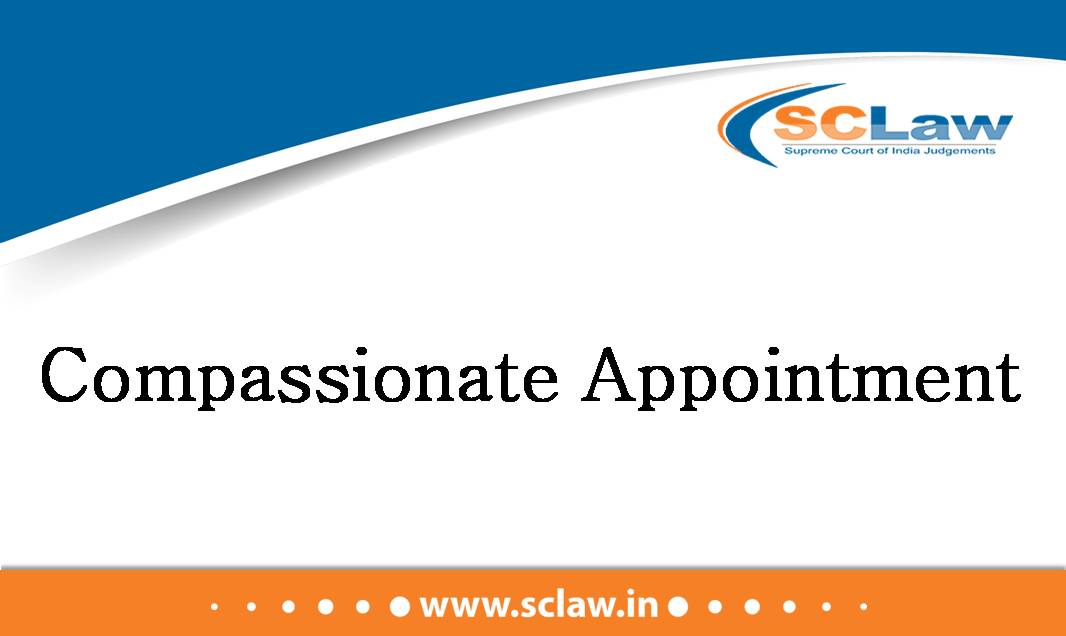Railways – Compassionate appointment – A child of a second wife of an employee could not be denied compassionate appointment on that ground alone. Child of second marriage at time of first marriage subsisting are legitimate per Section 16 of the Hindu Marriage Act
SUPREME COURT OF INDIA FULL BENCH MUKESH KUMAR AND ANOTHER — Appellant Vs. THE UNION OF INDIA AND OTHERS — Respondent ( Before : Uday Umesh Lalit, S. Ravindra Bhat…


